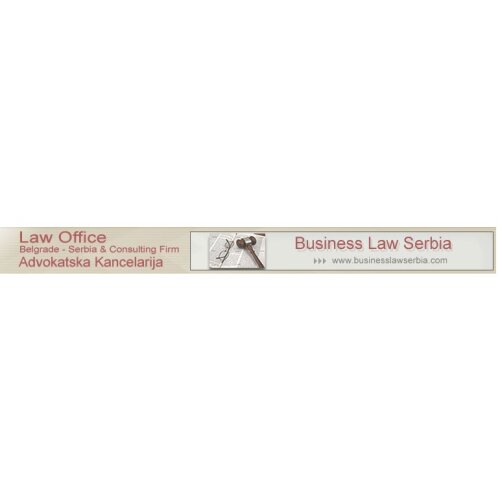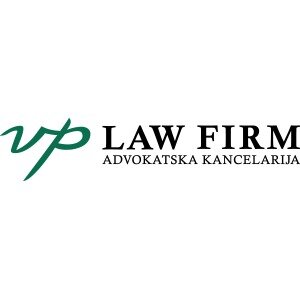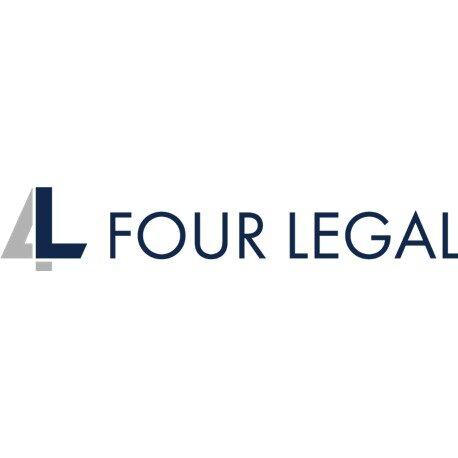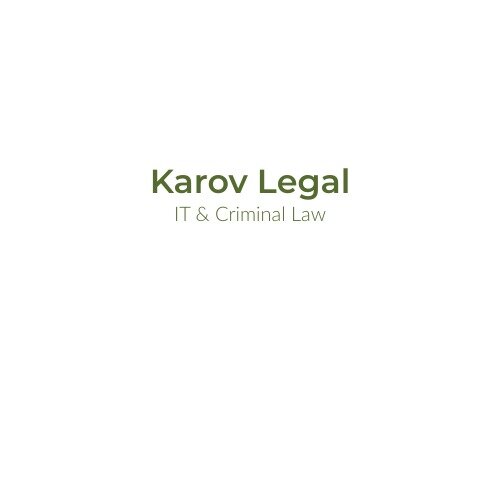Best Oil, Gas & Energy Lawyers in Serbia
Share your needs with us, get contacted by law firms.
Free. Takes 2 min.
Or refine your search by selecting a city:
List of the best lawyers in Serbia
Legal guides written by Business Law office - Advokatska Kancelarija:
- Why Invest In Serbia
About Oil, Gas & Energy Law in Serbia
Serbia's oil, gas, and energy sectors are integral to the country's economy and are underpinned by a robust legal framework that governs exploration, production, and distribution. The country's strategic location in the Balkans makes it a significant hub for energy transit. In recent years, Serbia has aimed to diversify its energy resources and enhance its energy security, making this sector a focal point for legal and regulatory developments. Energy law in Serbia covers a wide range of activities, including international agreements, local exploration, renewable energy initiatives, and environmental compliance.
Why You May Need a Lawyer
Engaging a lawyer specializing in Oil, Gas & Energy can be crucial in several situations:
- Contract Negotiations: Legal counsel can assist in drafting and negotiating contracts related to energy exploration, production, and distribution, ensuring compliance with local and international regulations.
- Regulatory Compliance: Navigating Serbia's regulatory framework can be complex. A lawyer can help ensure adherence to the Environmental Impact Assessment (EIA) processes, licensing, and safety regulations.
- Dispute Resolution: In cases of disputes between contractors, operators, or with governmental bodies, legal representation is essential to protect interests and negotiate settlements.
- Investment and Financing: Legal advice is crucial when structuring investments, securing financing, and understanding tax implications within the energy sector.
- Environmental Issues: Lawyers can provide guidance on compliance with environmental law, managing liabilities, and addressing community concerns.
Local Laws Overview
Key aspects of local laws affecting the Oil, Gas & Energy sector in Serbia include:
- Energy Law: Governs energy production, distribution, and consumption, and emphasizes market liberalization and renewable energy development.
- Mining and Geological Research Law: Regulates the exploration and exploitation of mineral resources, requiring specific licenses and permits.
- Environmental Protection Law: Ensures operations are environmentally sustainable, mandating procedures such as Environmental Impact Assessments (EIAs).
- Concession Law: Provides the legal basis for establishing private partner agreements with the state for resource extraction and utility management.
- Foreign Investment Law: Outlines the legal framework for foreign entities investing in Serbia, aiming to provide a favorable investment climate.
Frequently Asked Questions
What is the process for obtaining a license for oil exploration in Serbia?
The process involves submitting an application to the Ministry of Mining and Energy, where the applicant must demonstrate technical competence, financial capability, and compliance with environmental regulations.
Are there specific environmental regulations impacting energy companies in Serbia?
Yes, companies must comply with the Environmental Protection Law, which requires Environmental Impact Assessments (EIAs) and adherence to pollution control standards.
What incentives exist for renewable energy development in Serbia?
The Serbian government offers various incentives, including feed-in tariffs, subsidies for renewable projects, and streamlined permitting processes to encourage investment in clean energy.
How are disputes typically resolved in the Oil, Gas & Energy sector?
Disputes can be resolved through negotiation, arbitration, or litigation. Many agreements include arbitration clauses to expedite conflict resolution.
Can foreign companies own and operate energy assets in Serbia?
Yes, foreign entities can own and operate energy assets, provided they comply with local laws on foreign investment and acquire the necessary licenses.
What is the role of the Energy Agency in Serbia?
The Energy Agency is responsible for regulating and monitoring the energy market, ensuring fair competition, and protecting consumer rights.
Is there a legal framework for public-private partnerships (PPPs) in the energy sector?
Yes, the Concession Law and specific regulations for PPPs provide the framework for collaboration between public authorities and private entities.
How are oil and gas revenues taxed in Serbia?
Revenues are subject to corporate income tax, and specific royalties may apply to resource extraction, based on revenue or production volume.
Are there any restrictions on energy imports or exports in Serbia?
Regulations are in place to control energy imports and exports to ensure energy security and compliance with international trade agreements.
What are the penalties for non-compliance with energy regulations?
Penalties can include fines, suspension of licenses, and legal action for breaches of environmental, safety, or operational regulations.
Additional Resources
Consider reaching out to the following resources for further assistance:
- Ministry of Mining and Energy: Responsible for developing and regulating Serbia's energy policies and laws.
- Energy Agency of the Republic of Serbia: Offers detailed guidance on market regulations and compliance.
- Chamber of Commerce and Industry of Serbia: Provides resources and support for businesses operating in the energy sector.
- Environmental Protection Agency: Offers guidance on sustainability and regulatory compliance in energy projects.
Next Steps
If you find yourself needing legal assistance in the Oil, Gas & Energy sector, consider the following steps:
- Consult with a Specialist: Seek a lawyer or law firm specializing in energy law to understand your rights and obligations.
- Gather Documentation: Prepare all relevant documents, contracts, and communications related to your situation for your legal consultation.
- Research Legal Forums: Attend legal seminars or forums to gain insights and network with industry professionals.
- Stay Informed: Keep up with any changes in legislation or policy that could affect your interests in the energy sector.
Lawzana helps you find the best lawyers and law firms in Serbia through a curated and pre-screened list of qualified legal professionals. Our platform offers rankings and detailed profiles of attorneys and law firms, allowing you to compare based on practice areas, including Oil, Gas & Energy, experience, and client feedback.
Each profile includes a description of the firm's areas of practice, client reviews, team members and partners, year of establishment, spoken languages, office locations, contact information, social media presence, and any published articles or resources. Most firms on our platform speak English and are experienced in both local and international legal matters.
Get a quote from top-rated law firms in Serbia — quickly, securely, and without unnecessary hassle.
Disclaimer:
The information provided on this page is for general informational purposes only and does not constitute legal advice. While we strive to ensure the accuracy and relevance of the content, legal information may change over time, and interpretations of the law can vary. You should always consult with a qualified legal professional for advice specific to your situation.
We disclaim all liability for actions taken or not taken based on the content of this page. If you believe any information is incorrect or outdated, please contact us, and we will review and update it where appropriate.
Browse oil, gas & energy law firms by city in Serbia
Refine your search by selecting a city.

















